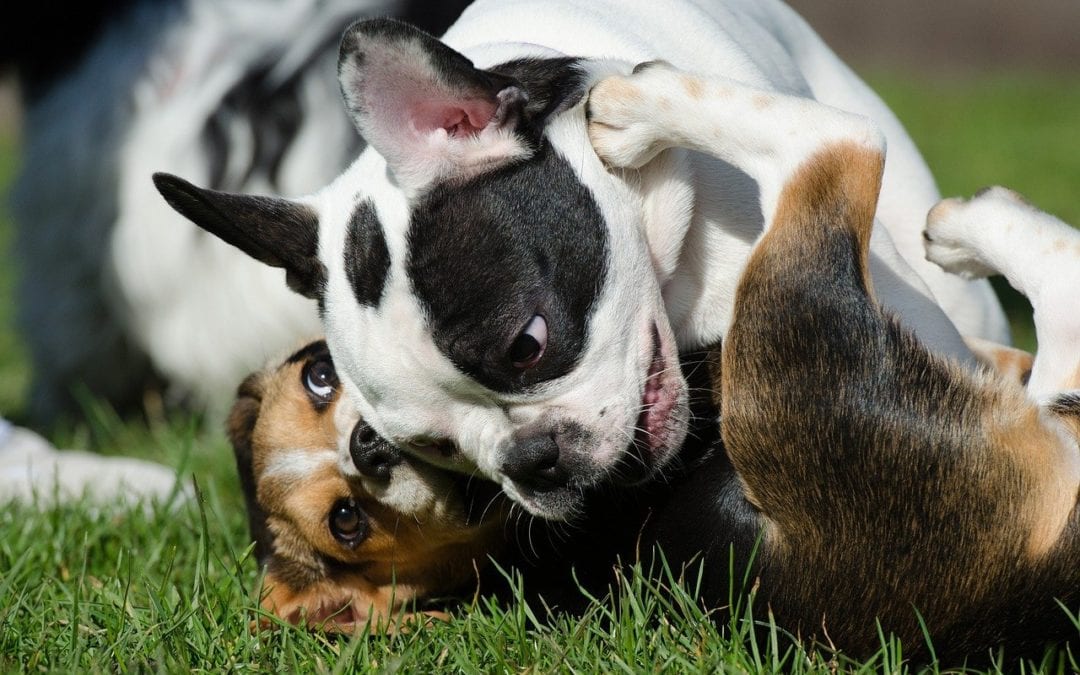The Facts About Kennel Cough in Dogs
As the summer presses on and families plan everything from weekend getaways to weeklong vacations, many will also plan on taking their furry family members to boarding facilities and doggie daycares. But, if your pup will be spending time with other dogs, he’ll be at increased risk of contracting kennel cough.
What is kennel cough?
Also known as infectious canine tracheobronchitis or bordetellosis, kennel cough is a highly contagious respiratory disease that causes inflammation in the throat and lungs of dogs. Many dogs will be exposed to the bacterial infection at least once during their lifetime, but the dogs most at risk are puppies, senior dogs, and dogs with weakened immune systems.
The signs of kennel cough
Most dogs infected with kennel cough will begin to show the signs about 3 days after being exposed to a large number of other dogs.
How will you know if your dog has contracted kennel cough? The signs to watch for include:
- A persistent, nagging cough
- Watery nasal discharge
- Retching
- Lethargy
In severe cases, dogs suffering from kennel cough will develop pneumonia and a fever and can even die from the disease.
Diagnosing and treating kennel cough
If you’ve noticed some of the above signs of kennel cough in your dog, call our office. Depending on the specific symptoms and your dog’s history and health status, we may want to do blood work, chest X-rays, urinalysis, a fecal exam, or bacterial cultures.
If we determine your dog does indeed have kennel cough, treatment can vary from rest and good hydration and nutrition for mild cases to anti-inflammatory medications and antibiotics for more severe cases. If your dog has also developed pneumonia, hospitalization may be necessary.
Preventing kennel cough
Prevention, as usual, is the best medicine for kennel cough. All dogs should be vaccinated against canine adenovirus, and dogs at high risk of contracting kennel cough—those spending time around other dogs—should also be vaccinated against Bordetella bronchiseptica and canine parainfluenza virus.
If your dog is suffering from an extreme case of kennel cough, contact us, and find out what the best plan of action may be.

